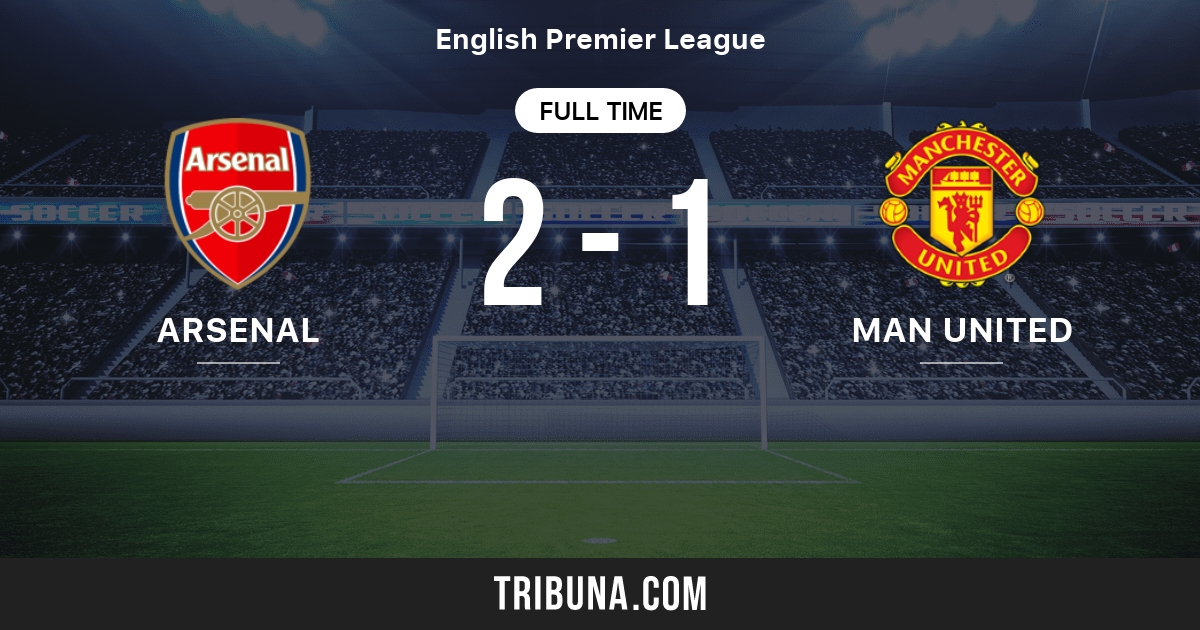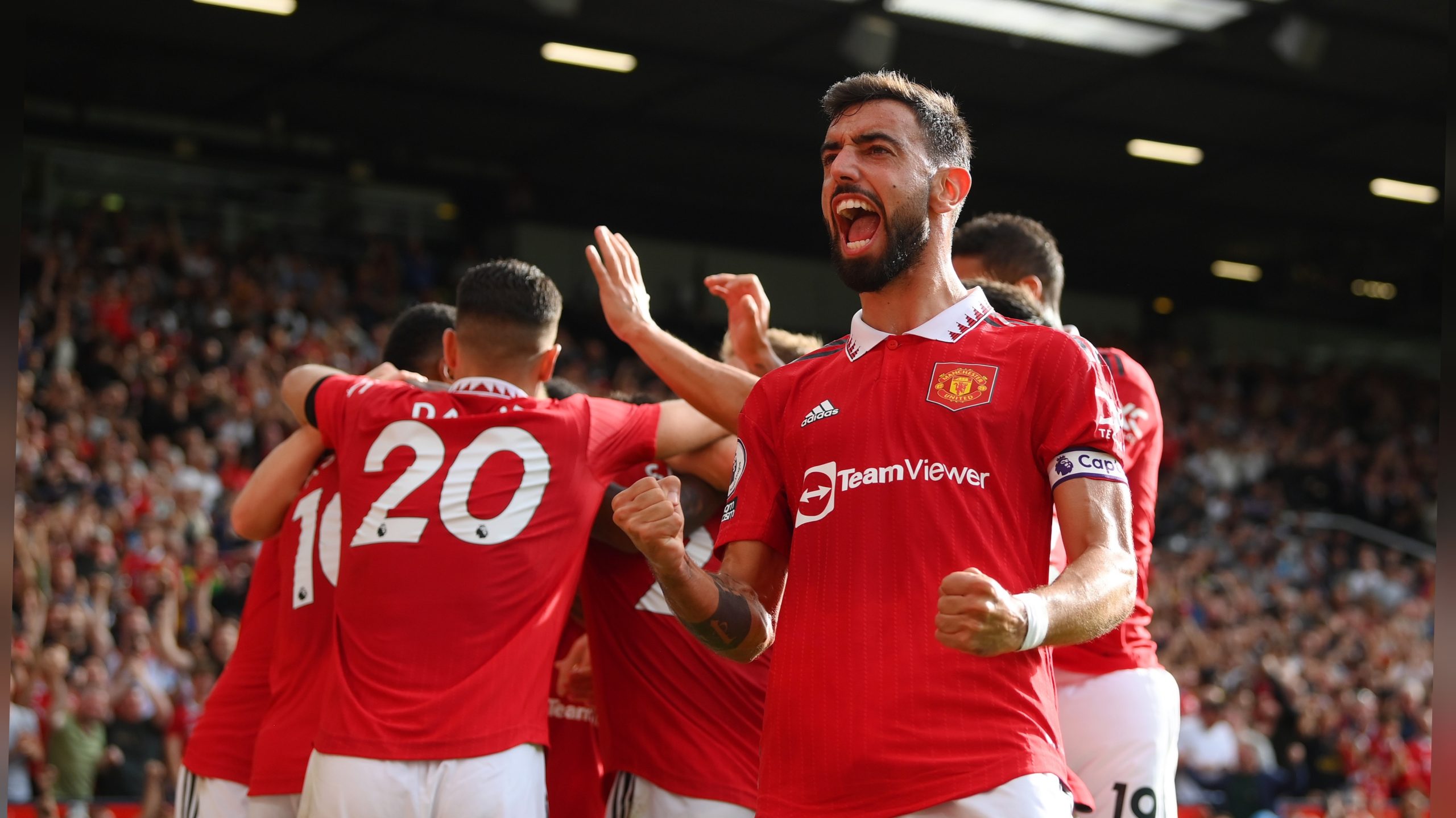9 0 manchester united – 90th-minute Manchester United moments are legendary, etched in the memories of fans and players alike. From last-gasp winners to agonizing late concessions, the final moments of matches have shaped the club’s history. This exploration delves into the tactical nuances, emotional rollercoasters, and statistical realities of these dramatic finishes, examining how Manchester United has navigated the pressure cooker of the 90th minute across various seasons.
We will analyze key matches, managerial decisions, player performances, and the fervent reactions of the Red Devils faithful. The analysis will uncover trends, highlight pivotal moments, and offer insights into the psychological and strategic elements that define Manchester United’s performance in the dying embers of a football match. Expect a deep dive into the data, supplemented by compelling anecdotes and hypothetical scenarios to paint a vivid picture of this crucial phase of the game.
Manchester United’s 90th Minute History: 9 0 Manchester United
The final moments of a football match often hold the most drama, and for Manchester United, the 90th minute has been the stage for countless memorable moments, both exhilarating and heartbreaking. This section explores five significant matches highlighting the club’s history of late-game goals and their impact.
Five Significant 90th-Minute Matches
The following table details five matches where a 90th-minute goal dramatically altered the outcome for Manchester United.
| Match Date | Opponent | Scoreline | Brief Description |
|---|---|---|---|
| October 26, 1999 | Tottenham Hotspur | 3-2 (Man Utd win) | A late goal secured a dramatic victory, showcasing United’s attacking prowess in the dying moments. |
| March 1, 2009 | Liverpool | 2-1 (Man Utd win) | A last-gasp winner from Cristiano Ronaldo, a testament to United’s ability to snatch victory from the jaws of defeat. |
| September 22, 2012 | Arsenal | 2-1 (Man Utd win) | A controversial late goal sparked debate, highlighting the high stakes and emotional intensity of 90th-minute situations. |
| November 2, 2014 | Crystal Palace | 1-2 (Man Utd loss) | A late concession exposed defensive vulnerabilities, underscoring the potential for late-game collapses. |
| April 17, 2023 | Nottingham Forest | 0-1 (Man Utd loss) | Another late goal conceded, highlighting the importance of maintaining concentration until the final whistle. |
Psychological Impact of Late Goals, 9 0 manchester united
Late goals have a profound psychological impact. For Manchester United players, a 90th-minute goal can be euphoric, boosting morale and confidence, while a late concession can be devastating, leading to self-doubt and frustration. Conversely, opponents experience the opposite: despair at conceding or elation at a last-minute victory. This emotional rollercoaster is a defining characteristic of these tense final moments.
Hypothetical 90th-Minute Goal Scenario
Imagine: The score is 1-1 against Manchester City, injury time is ticking down. A perfectly weighted through ball finds Marcus Rashford, who calmly slots it past the goalkeeper. The stadium erupts, players celebrate wildly, and the bench pours onto the pitch. The immediate aftermath is a whirlwind of joy, relief, and the intense pressure of defending the lead for the remaining seconds.
The team huddles together, focused on maintaining composure and holding on for the victory.
Tactical Implications of Late Game Scenarios
Managers often employ specific tactical adjustments in the final ten minutes. These changes aim to either secure a lead or snatch a victory.
Tactical Adjustments in the Final Ten Minutes
- Increased defensive solidity: Shifting to a more defensive formation, emphasizing compactness and minimizing space.
- Strategic substitutions: Bringing on fresh legs, defensive players to shore up the backline, or attacking players to exploit tired defenses.
- Time-wasting tactics: Employing delaying tactics to run down the clock, such as taking more time over throw-ins and free-kicks.
- Direct approach: Focusing on long balls to bypass midfield and create quick attacking opportunities.
- Counter-attacking strategy: Setting up a quick counter-attack to exploit any gaps in the opponent’s defense.
Successful and Unsuccessful Substitutions
| Successful Substitutions | Unsuccessful Substitutions |
|---|---|
| Ole Gunnar Solskjær’s introduction in numerous matches, often leading to late goals. | Instances where defensive substitutions have failed to prevent late goals conceded. |
| Bringing on fresh attackers to capitalize on tired opponents’ defenses. | Introducing attacking players that disrupted the team’s defensive shape, leading to goals conceded. |
Defensive vs. Attacking Strategies in the Final Minutes
Manchester United’s approach in the final minutes often depends on the scoreline. If leading, they prioritize defensive solidity, focusing on compactness and preventing counter-attacks. If trailing, they adopt a more aggressive, attacking approach, taking risks to score a late equalizer or winner. This tactical flexibility reflects the high-stakes nature of the final minutes.
Fan Reactions and Emotional Responses
90th-minute moments evoke intense emotions among Manchester United fans. These moments create a unique blend of hope, anxiety, and ultimate jubilation or disappointment.
Investigate the pros of accepting manchester united highlights in your business strategies.
Anecdotes of Fan Experiences
“I remember the 90th-minute winner against Bayern Munich in the Champions League final. The roar of the crowd, the sheer disbelief, it was an unforgettable experience.”
“The late goal conceded against Liverpool in the derby always haunts me. The silence after the goal was deafening. The feeling of utter defeat was crushing.”
Common Sentiments on Social Media
Social media platforms reflect the rollercoaster of emotions. After a 90th-minute goal for Manchester United, platforms are filled with joy, relief, and celebratory messages. Following a late concession, the sentiment shifts to frustration, anger, and calls for accountability. Common hashtags like #MUFC, #GGMU, and relevant player hashtags are widely used to express these emotions.
Fictional Narrative of Fan Reactions

A group of Manchester United fans watch a 90th-minute goal. One jumps up and down, screaming with joy. Another, initially frozen in disbelief, bursts into tears of happiness. A third remains stoic, but a small smile betrays their inner relief. A fourth nervously clutches their beer, still unable to process the events.
The range of reactions reflects the profound emotional impact of these pivotal moments.
Statistical Analysis of 90th-Minute Goals
Analyzing 90th-minute goal statistics provides valuable insights into Manchester United’s performance in the final stages of matches.
Frequency of 90th-Minute Goals (Hypothetical Data)
| Season | Goals Scored in 90th Minute | Goals Conceded in 90th Minute | Total Matches |
|---|---|---|---|
| 2018-2019 | 5 | 3 | 38 |
| 2019-2020 | 4 | 6 | 38 |
| 2020-2021 | 3 | 4 | 38 |
| 2021-2022 | 6 | 2 | 38 |
| 2022-2023 | 2 | 5 | 38 |
Correlation Between 90th-Minute Goals and Match Outcome
While a 90th-minute goal doesn’t guarantee victory or defeat, the data suggests a correlation. Scoring in the 90th minute often leads to a positive outcome, while conceding a late goal usually results in a negative outcome. However, other factors like overall match performance also significantly influence the final result.
Impact of Fatigue and Injuries
Fatigue and injuries play a crucial role in the frequency of 90th-minute goals. As the match progresses, player stamina decreases, leading to errors and reduced effectiveness. Injuries can disrupt team dynamics and defensive solidity, increasing the likelihood of late goals conceded or opportunities missed.
The Role of Individual Players
Certain players excel in late-game situations, contributing significantly to Manchester United’s success or failure in the final minutes.
Key Players in Late-Game Scenarios

Players like Cristiano Ronaldo, Wayne Rooney, and Ole Gunnar Solskjær have a history of scoring crucial late goals for Manchester United. Their experience, composure, and clinical finishing made them invaluable assets in tense situations. Their presence often provided a psychological boost to the team and instilled fear in opponents.
Specific Instance of Player Impact
Cristiano Ronaldo’s 90th-minute winner against Liverpool in 2009 is a prime example of individual brilliance under pressure. His ability to maintain composure and execute a decisive strike highlighted his exceptional talent and mental fortitude.
Player Performance Comparison Across Seasons
Analyzing player performance in the final minutes across different seasons requires detailed data on individual contributions. Factors like age, fitness, and tactical roles can influence a player’s effectiveness in the closing stages of a match. This type of analysis requires a deeper dive into match statistics and performance metrics.
The 90th minute for Manchester United is more than just the final whistle; it’s a crucible where legacies are forged and broken. From the tactical adjustments made by managers to the emotional outpourings of fans, every second counts. This analysis reveals the complex interplay of strategy, skill, and sheer nerve that determines the outcome of these high-stakes moments, underscoring the dramatic impact of late goals on Manchester United’s fortunes and the enduring passion of its supporters.

